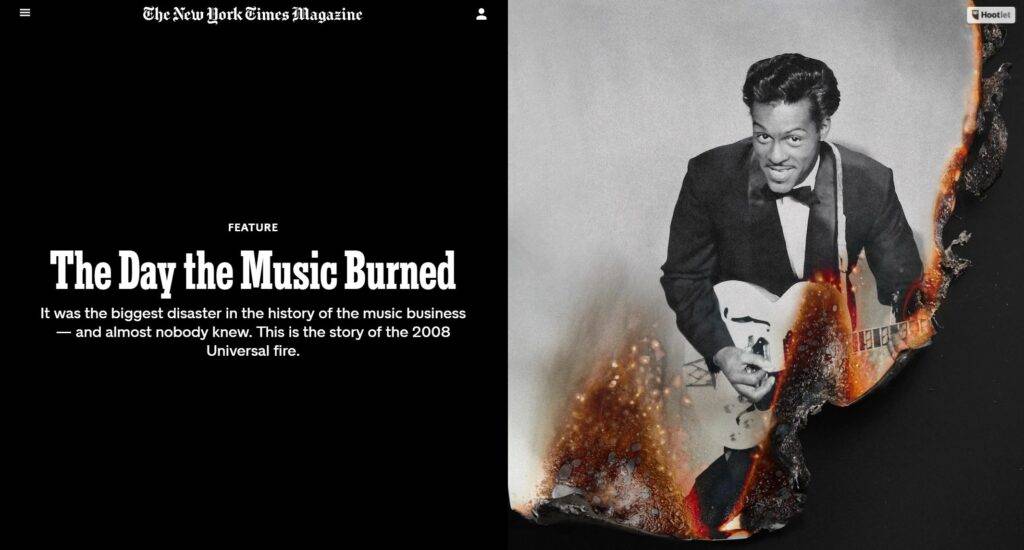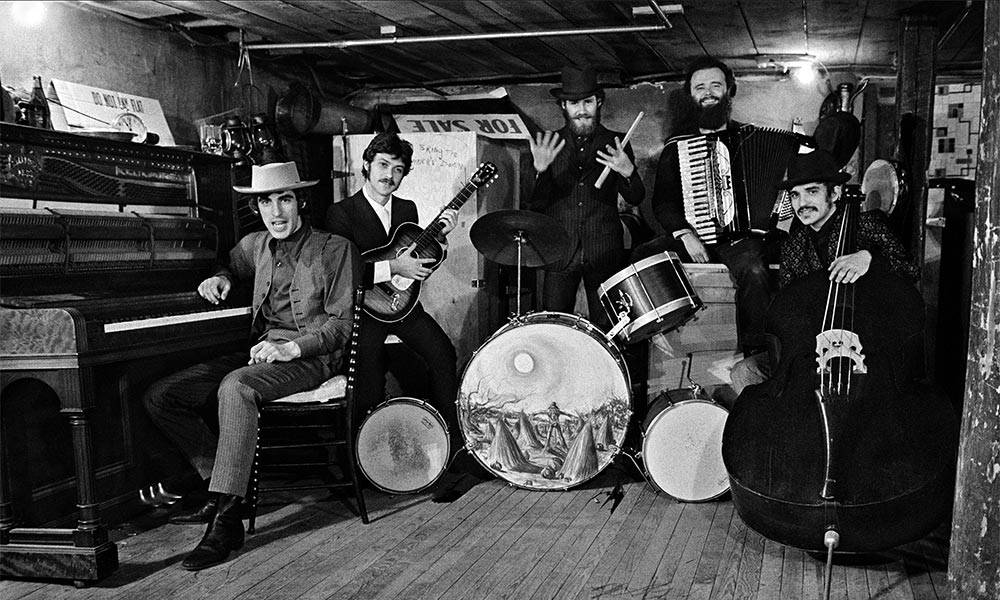
The Impact of Deregulation on the Indie Rock Scene: A Tale of Homogenization and Lost Diversity
In 1996, the Telecommunications Act marked a significant shift in American telecommunications policy, ushering in a new era of deregulation. While this overhaul was intended to modernize the industry and accommodate the burgeoning internet, its unintended consequences rippled through the music world, particularly the indie rock scene.
With the removal of caps on nationwide radio station ownership and the deregulation of broadcast markets, a small number of corporations seized the opportunity to consolidate power and homogenize playlists. This consolidation led to a dramatic shift in the landscape of commercial radio, as stations across the country fell under the control of a handful of conglomerates.
Tom DeSavia, who transitioned from ASCAP to A&R for Elektra Records during this period, reflects on the impact of regionalism in music. He fondly recalls a time when geographical identity was deeply intertwined with musical culture, with bands like The Cars from Boston and R.E.M. from Athens. Each region had its own sound, its own identity, reflected in the playlists of local radio stations.
However, the deregulation of radio under the Clinton administration changed everything. Companies like Affinity and Clear Channel gained the ability to purchase and automate numerous stations, leading to the proliferation of homogenized playlists. Suddenly, the distinctiveness of regional music scenes began to fade as stations across the country aired the same sanitized hits, transforming cities into carbon copies of one another.
Southern Culture on the Skids experienced this transformation firsthand. Following the success of their album “Dirt Track Date,” they found themselves thrust back onto the road as radio stations across the country clamored for their music. While this newfound exposure was initially exciting, the relentless touring schedule took its toll, leaving the band exhausted and effectively absent from their normal lives for the better part of a year.
Meanwhile, bands like Spatula and Ben Folds Five grappled with the changing dynamics of the indie music industry. Spatula, a three-piece outfit, experimented with new sounds, incorporating elements like cello to broaden their musical palette. However, even as they evolved creatively, they faced the harsh reality of an industry in flux.
Robert Sledge of Ben Folds Five reflects on the stark contrast between indie aspirations and commercial realities. Despite signing with Caroline Records, a prominent indie distributor, the band faced daunting sales expectations. The ceiling for indie success seemed low, with modest sales projections that paled in comparison to the band’s ambitions.
For many indie artists, the writing was on the wall. The once-promising landscape of independent music was shrinking, constrained by limited distribution networks and commercial pressures. The allure of major labels beckoned, promising broader exposure and greater resources, but also risking the dilution of artistic integrity.
In the wake of deregulation, the indie rock scene faced an uncertain future. As corporate interests tightened their grip on the airwaves and commercial viability became increasingly elusive for independent artists, the vibrant diversity of regional music scenes faded into memory. What emerged in its place was a homogenized landscape, where the unique voices of indie rock were drowned out by the relentless churn of commercial conformity.
In the annals of music history, the era of deregulation stands as a cautionary tale, reminding us of the delicate balance between commerce and creativity, and the profound impact that policy decisions can have on artistic expression. As indie rock struggles to reclaim its identity in an increasingly corporatized world, the echoes of its past serve as a sobering reminder of the importance of preserving diversity and fostering creativity in all its forms.






Responses